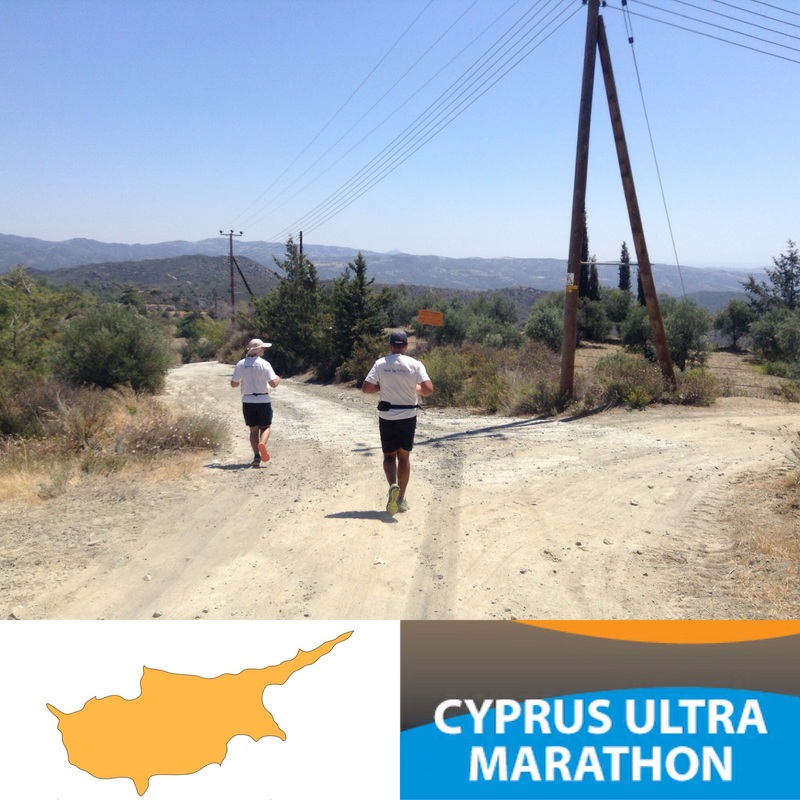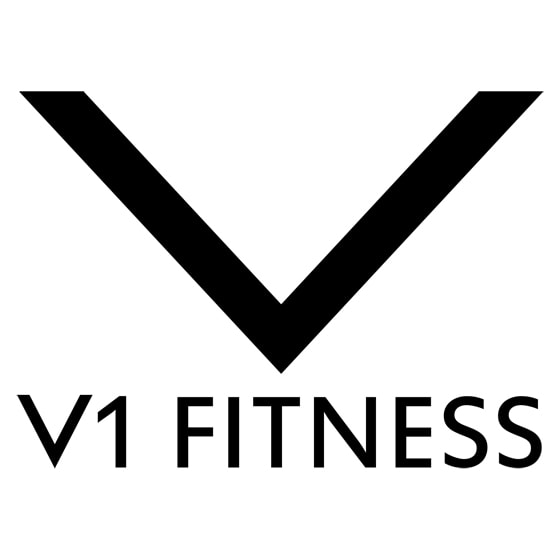|
Why do we move?
Have you ever wondered why we have the ability to run? I mean why do we move? What is the mechanism behind it? Well, it turns out that to make the slightest movement hundreds of chemical reactions and muscle contractions are done. Muscles are the ones that are attached and connected to our bones with tendons and ligaments and other supportive tissues and are the ones that move our bones to the desirable direction. When you are using your vacuum cleaner to dust off your carpets, it uses electricity which then transforms into energy to function. When you are driving your car, and you see that the gas indicator is near empty you make sure you fill your tank with gas because the car needs gas to transform it into any kind of energy it will need to function properly. Our body is of course much more complicated than a vacuum cleaner or a car, well some of us are, (smile) so that too needs energy so our muscles will be able to contract and apply the movements our brain is asking for them. Our muscles to be able to contract and to be able to make the necessary changes need a form of chemical energy which they produce. Adenosine Triphosphate The chemical energy our muscles need is called Adenosine Triphosphate or otherwise ATP in short. In previous articles here I mention ways that our body is using to propel itself forward or basically doing any other kind of exercise. The two processes I am referring are aerobic and anaerobic. In the aerobic state the muscles are using oxygen to work and in anaerobic they don’t. Our muscles use Carbs, fat and in a little degree protein to manufacture ATP. If you are a runner, and you are going to participate in a marathon or a race more than 26.2 miles then getting carbs and fat during your race is paramount. It doesn’t really matter what kind of carbs, the simplest the better. This is a short-range solution to be able to feed your muscles enough glucose which then will be stored in your muscles and then the muscles will use it to create ATP which is the energy that powers them. Now long term range solution should not only be centered on providing your body with simple carbs but make sure you eat the right kind of carbs. My opinion is unrefined, unprocessed complex carbs like legumes (beans, lentils, etc.), starch (brown rice, potatoes, etc.) and fruits (even they are simple carbs they provide massive amount of minerals, vitamins, and water). The reason you should consume this kind of carbs and not simple, refined carbs like sweets and heavily processed juices and other packaged items is because our body except carbs, fat, and protein to work optimum needs another three basic and fundamental nutritional elements. We need minerals (zinc, iron, etc.) we need Vitamins (B12, C, D, etc.) and lastly but in no way the least necessary water. All the unrefined carbs contain much higher and much better quality of vitamins, minerals and also they contain water than simple carbs. Carb loading So for long-standing health and also long standing improvement of your training you need to have your muscles and liver storage full with glycogen (series of chained glucose molecules to save space in storage) Most of the ATP is made from carbs and fat, protein does not ordinarily being used for the production of ATP. Protein paramount role is to build, repair and maintain our muscle mass and also bone recovery, after all, that pounding our body is subjected from the accumulated mileage of our training. Glycogen Storage There are two places where glucose is stored after every meal we take, in our liver in the form of glycogen which is used primarily to keep the blood glucose level (our blood sugar) in normal values and also to keep our nervous system and brain functioning optimum since both of this entities by glucose. Also, our muscle system is controlled by our nervous system, a nervous system that does not function well will have as a result of a malfunctioning muscle system. Creation of ATP The whole procedure goes like this, we eat complex or simple carbs, the body breaks them into glucose if they are complex or use the glucose immediately if they are simple. The liver and our muscles are stored with glucose which they use to create ATP which will allow them to work. We can store around 1500 to 2000 calories of glycogen in our body which is not a lot if you compare with the thousands of calories we have stored as fat. The general rule is if your exercise is moderate to high intensity your body uses more carbs than fat to create ATP. If your activity is slow and average, then your body uses more fat then carbs to produce ATP. From all that 1500 to 2000 calories stored as glycogen not all of them can be utilised for running because most of the calories are stored in muscles that are not primarily used for running. Example The glycogen stored in the biceps can only be utilised by the biceps, the glutes or the quadriceps cannot use the biceps glycogen only the glycogen they have themselves stored and vice versa of course. That’s why it’s important to train ourselves and reach the best fitness level we can have because the fittest you are the most fat you burn to create ATP, and you become more economically and efficient in saving your stored glycogen. Diet Also if you are consuming in your diet more carbs than fat you be burning more carbs than fat all the time, if you eat more fat than carbs then you be burning more fat than carbs all the time. Of course eating too much fat is not good for your health, and it’s a good tactic to have less than 30% of your calories from fat and also aim to consume unsaturated fat and not saturated fat. Unsaturated fat is primarily found in plants and saturated fats in animal products. Unsaturated fats are proven that promote health and on the other hand, unsaturated fats are the cause of many chronic diseases like heart attacks, strokes, diabetes II to name a few! Duration If your run is long and the duration is more than 1 hour then at some point regardless of your intensity, you will start to create more ATP from fat because the glycogen storage of the liver and skeletal muscles depleted. Also because the carbs you are receiving during the exercise do not cover your energy needs. Weight loss If you want to lose weight while training for a marathon or any longer distance it is not a good idea because the training will open your appetite for more food because you are burning a lot of calories. To lose weight, you need to do calorie restriction which is not a good idea especially for this kind of heavy training. What you can do, though, and it will help you lose weight without risking losing performance because of lack of calories is to eat a lot of fruits, vegetable legumes, and starches. The reason is because they are packed and are rich in minerals, vitamins, and water but also they provide bulk (fibre) which will keep you satiated longer and also with fewer calories than animal products. The food I mentioned is high in carbs and low in fat so these way you be using and burning your stored fat during training thus noticing weight loss. Basically, you be eating more food with fewer calories. Percentages Aim for 60 to 80% of your calorie intake to be from unrefined complex and simple (namely fruits and veggies) carbs, 10 to 25% fat and 10 to 15% protein. I personally am following 85% carbs (complex like legumes and starch and simple like fruits), 9% fat (unsaturated, mostly from seeds like hemp, chia, flax etc) and 6% protein (plant based- I supplement 8 grams of rice protein and 5 grams of chlorella before heavy lifting or long runs). I hope I helped. Have a happy and healthy day. I am off to eat some kidney beans (yummy!) My warmest Regards Andreas Michaelides Thirsty4health.com Comments are closed.
|
Categories
All
|
YOUR LOGO HERE - SPONSOR THE GREATEST ULTRA RUNNING CHALLENGE IN CYPRUS
|
Cyprus Ultra Marathon, Vasa Kellakiou, Limassol hills. Est. 2011.
Vasa kellakiou/sanida/kalavasos 21km loop created by Michael Rivers. |
First ultra marathon in cyprus to accept BTC
|
World's first vegan ultra marathon
|












